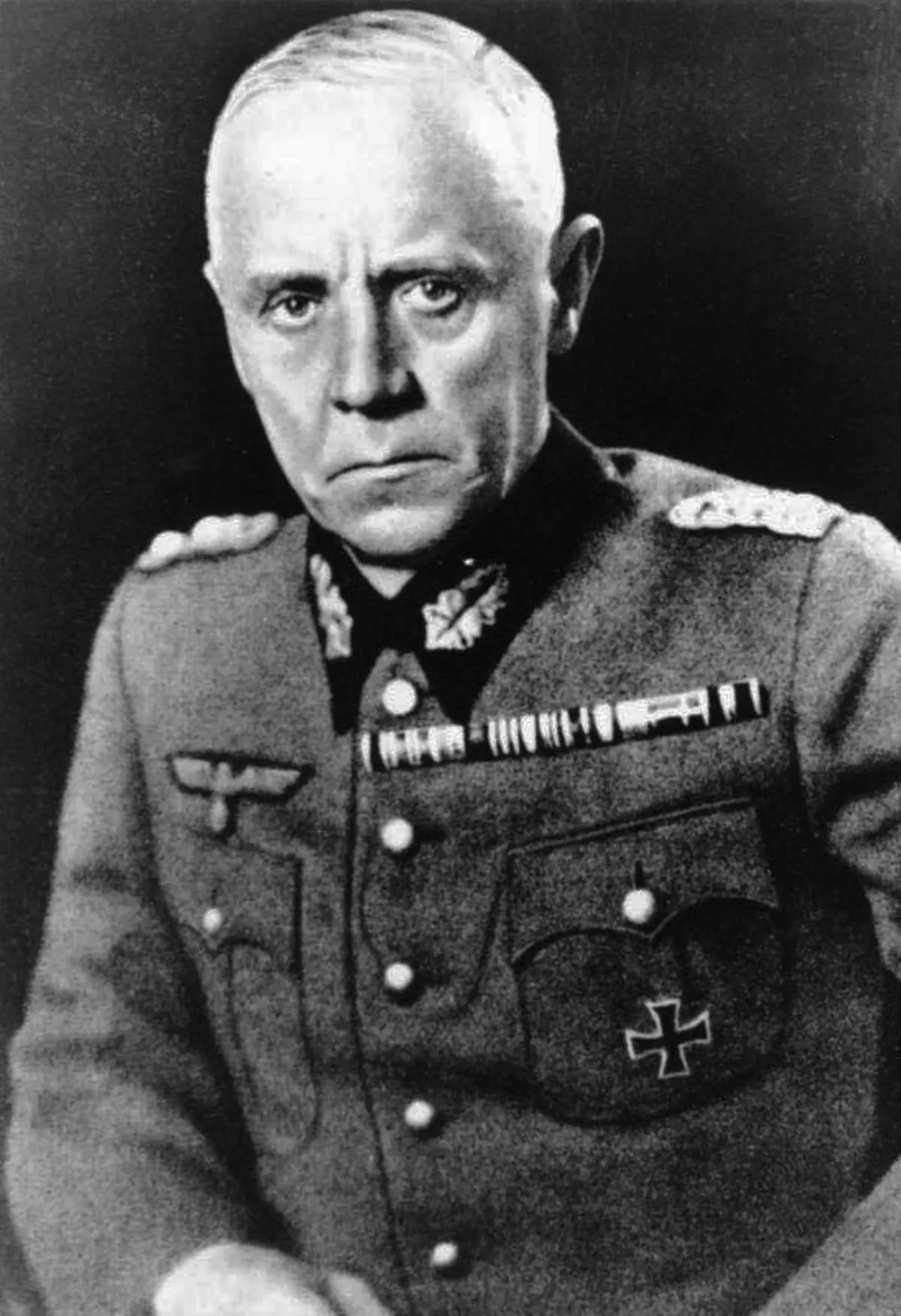 1.
1. Ludwig Beck was appointed Chief of Staff of the German Army shortly after the Nazi rise to power, supporting Hitler's rearmament of Germany and forceful denunciation of the Treaty of Versailles, although he believed Germany needed more time to prepare for another war.